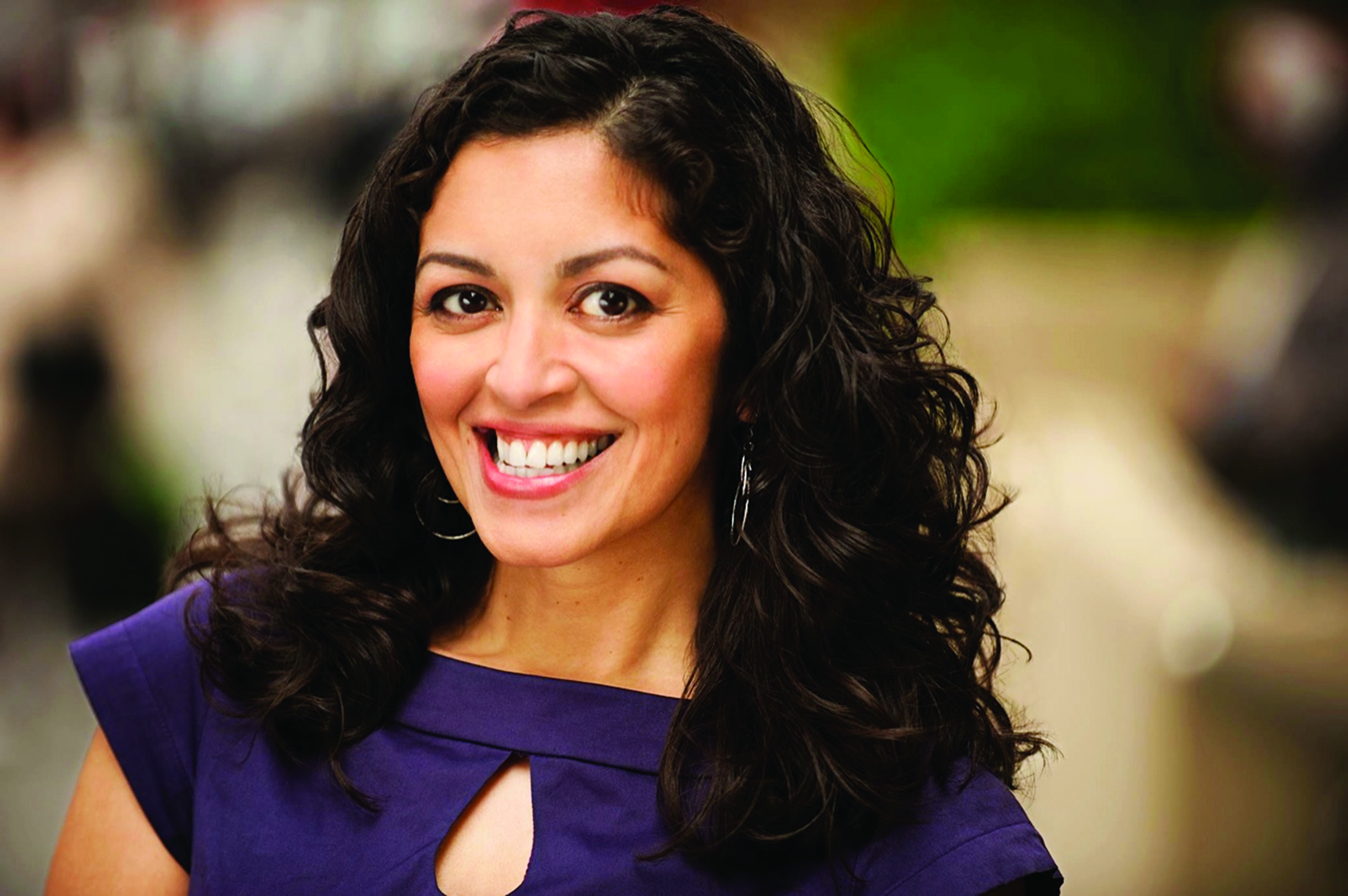
RIANNA SEELIG
Special to The Leader
Cultural appropriation is not a new phenomenon. The sociological concept has developed for centuries, and continues to influence and negatively impact various cultures.
For those who do not know, cultural appropriation occurs when an individual attempts to take on various elements of a culture that is not their own.
The greatest issue — although there are many — lies in this notion: those attempting to “culturally appropriate” are often part of a majority or dominant culture that has historically and systematically held power over the minority culture.
Professor Aimee Nezhukumatathil of the Fredonia English Department has received an abundance of recognition and praise for her writing. She had the distinguishing honor of being selected by Sherman Alexie to have poetry featured in the newly-released anthology titled “The Best American Poetry 2015.”
During the second week of September, pivotal news surfaced concerning a writer featured in the anthology. Yi-Fen Chou was revealed to be someone else: a white male named Michael Derrick Hudson. Hudson had been claiming to be a Chinese poet, hoping this would improve his chances of being published. His tactics proved successful.
The story made it to the New York Times and was featured in numerous online literary journals and blogs. Poets featured in the anthology took to social media, specifically Twitter, to raise awareness of the issue at hand.
Saeed Jones, a poet and writer for Buzzfeed, tweeted: “Never thought I’d see poets using yellowface to get published in 2015 but here we are.”
In reference to the pseudonym, Nezhukumatathil stated, “I believe what Hudson did was cultural appropriation — not ‘just’ using a pen name or nom de plume. I cannot stress that enough.”
After being questioned on the matter, Hudson said, “As a strategy for ‘placing’ poems this has been quite successful.” Hudson feels the pseudonym is an intelligent strategy for easing the publication process.
“This Michael Derrick Hudson is so misguided; he thinks it’s so ‘easy’ to publish with a foreign-sounding last name — which is not only frankly wrong, but insulting too — and then return to the ‘convenience’ of being a white man in this world,” Nezhukumatathil stated.
Alexie defended the choice to keep Hudson’s poem in the collection. He decided that getting rid of the poem would have “cast doubt on every poem I have chosen” and “implied that I chose poems based only on identity.” The response to this decision within the writing community was divided, though leaned heavily toward being predominantly negative.
Nezhukumatathil, although opposed to Hudson’s actions, remains thankful to Alexie for selecting her work: “I remain, as ever, grateful for Sherman Alexie’s choices, and in no way do I hold him responsible for Hudson’s shenanigans.”
Numerous Asian-American poets have issued responses to the poetry scandal. The hashtag #ActualAsianPoet is taking Twitter by storm as Asian-American poets describe both writing and culture.
Nezhukumatathil was the subject of an open letter featured on The Rumpus, an online literary site. The letter commends Nezhukumatathil for her role in the literary community and addresses the issue of cultural appropriation.
“I’m just very touched that Professor Ali of Oberlin College wrote such nice things about me and my work,” said Nezhukumatathil, “but I think the big focus is Ali very eloquently saying why cultural appropriation is especially hurtful for Asian American writers.”
In reference to the conflict, Dr. Birger Vanwesenbeeck, another professor in the English Department, stated, “It’s not every day that one of our Fredonia faculty comes to occupy such a central position in a national debate.”
